C Programming Pointer Tutor - Interactive Pointer Learning
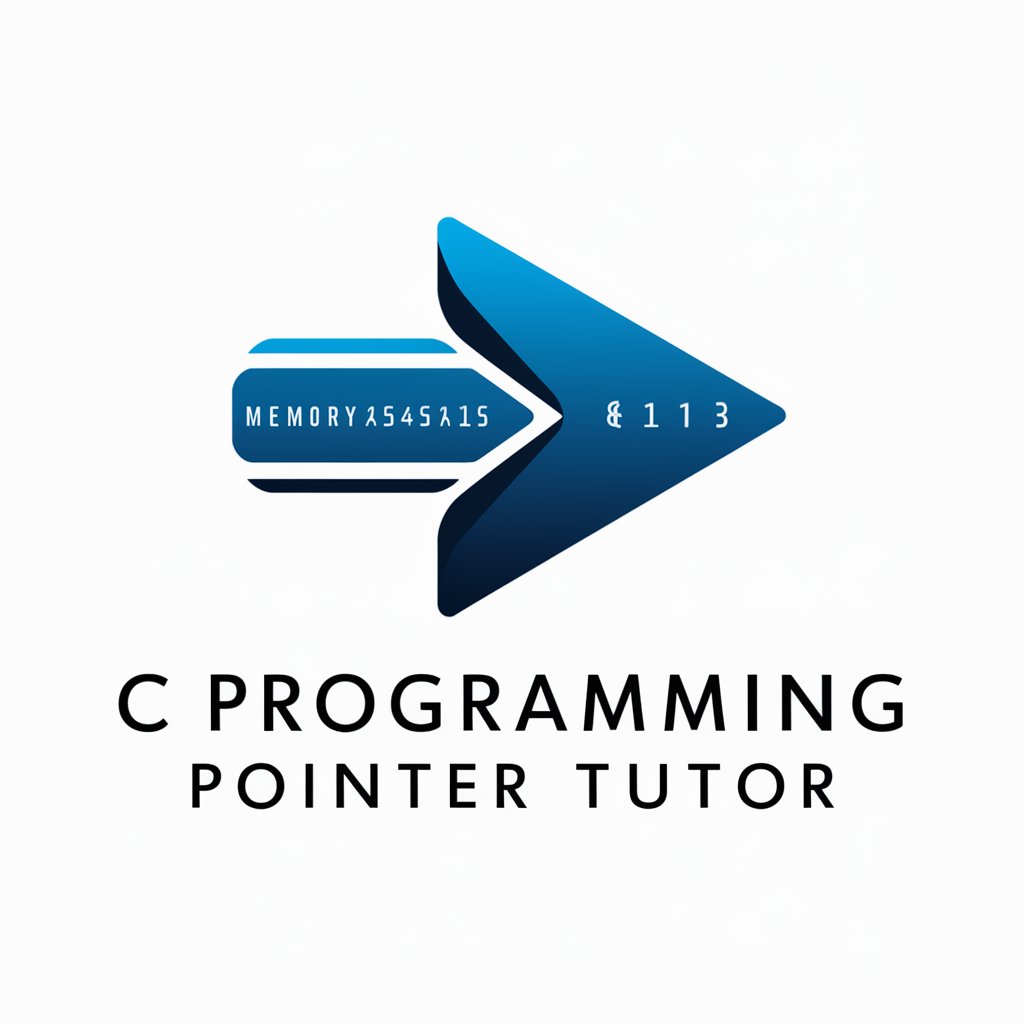
Welcome! Ready to master pointers in C programming?
Master C Pointers with AI Guidance
Explain what pointers are and how they are used in C programming.
Describe the process of pointer arithmetic in an array.
How do you pass a pointer to a function in C?
What is dynamic memory allocation, and how is it used in C?
Get Embed Code
C Programming Pointer Tutor: An Overview
The C Programming Pointer Tutor is a specialized educational tool designed exclusively to teach and enhance understanding of pointers in C programming. Its primary objective is to facilitate learning through a structured, progressive approach that adapts to the user's skill level. From beginners who are just getting acquainted with the concept of pointers, to advanced programmers looking to deepen their expertise in dynamic memory allocation and pointer complexities, the tutor offers a tailored learning experience. For example, a beginner might start with basic pointer operations, such as declaration and address-of operator usage, while an advanced user could tackle exercises involving pointer-to-pointer dynamics and function pointers. The tutor's design purpose is to demystify pointers, making them accessible and understandable through interactive exercises, detailed explanations, and real-time feedback. Powered by ChatGPT-4o。

Core Functions of C Programming Pointer Tutor
Pointer Basics
Example
int main() { int var = 10; int *ptr = &var; printf("The value of var is: %d\n", var); printf("The address of var is: %p\n", (void*)&var); printf("The value of ptr is: %p\n", (void*)ptr); return 0; }
Scenario
Ideal for beginners, this function introduces the fundamental concept of pointers, teaching users how to declare pointers, use the address-of operator, and understand the relationship between variables and their memory addresses.
Pointer Dereferencing
Example
int main() { int var = 10; int *ptr = &var; *ptr = 20; printf("The value of var after dereferencing is: %d\n", var); return 0; }
Scenario
This function teaches how to access and modify the value stored at a memory location pointed to by a pointer. It's crucial for learners to grasp how pointers can be used to manipulate data directly.
Pointer Arithmetic
Example
int main() { int arr[] = {1, 2, 3, 4, 5}; int *ptr = arr; for (int i = 0; i < 5; i++) { printf("%d ", *(ptr + i)); } printf("\n"); return 0; }
Scenario
Designed for users familiar with basic pointer operations, this function explores navigating through arrays using pointers. It highlights how pointer arithmetic can be utilized for efficient data traversal and manipulation.
Pointers with Functions
Example
void increment(int *value) { (*value)++; } int main() { int var = 10; increment(&var); printf("Incremented var: %d\n", var); return 0; }
Scenario
This function demonstrates how pointers can be passed to functions to modify variable values outside the function's scope. It's particularly beneficial for understanding how pointers enable dynamic data manipulation across different parts of a program.
Advanced Pointers
Example
Learners are introduced to dynamic memory allocation (using malloc, calloc, etc.), pointer to pointer concepts, and function pointers. Complex exercises might include implementing a dynamically growing array or using function pointers for callbacks.
Scenario
Aimed at advanced learners, this section delves into sophisticated pointer usage, including dynamic memory management and pointer-based callbacks. It's essential for mastering high-level programming techniques in C.
Target User Groups for C Programming Pointer Tutor
Programming Students
Individuals pursuing computer science or software engineering degrees who are new to C programming or specifically struggle with pointers. They benefit from structured, progressive learning to solidify their understanding and application of pointers in various coding scenarios.
Self-taught Programmers
Hobbyists or career switchers teaching themselves C programming. They can use the tutor to overcome common hurdles with pointers, enabling a smoother learning curve and better preparation for complex programming tasks.
Professional Developers
Experienced programmers looking to refresh their knowledge or deepen their understanding of advanced pointer concepts. This group benefits from the tutor's advanced exercises, enhancing their skills in dynamic memory allocation, optimization, and complex data structures.

How to Use C Programming Pointer Tutor
Start for Free
Begin by accessing a free trial at a dedicated learning platform without the need for registration or subscribing to premium services.
Select Your Level
Choose from beginner, intermediate, or advanced levels depending on your familiarity with C pointers to start with content that matches your skill level.
Engage with Interactive Exercises
Practice through exercises tailored to your chosen level. Use the provided code snippets and exercises to improve your understanding of pointers.
Use the Help Option
If you encounter difficulties, use the 'help' option for guidance on pointer concepts, syntax, and usage.
Progress Through Levels
As you gain confidence and mastery, progress to more advanced topics on pointers, including pointer arithmetic, dynamic memory allocation, and pointer to pointers.
Try other advanced and practical GPTs
What a Girl Says Translator
Deciphering women's words with AI
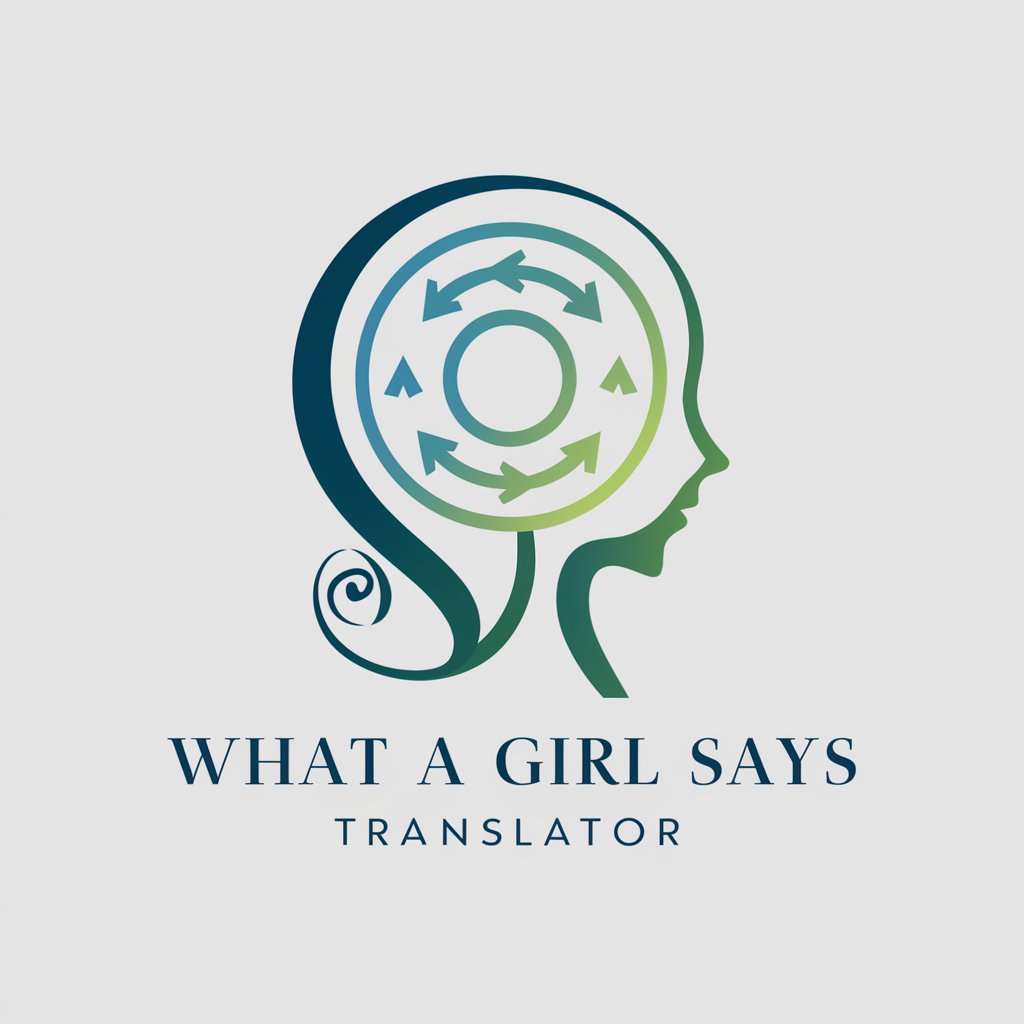
DespachoRICD
Streamlining Legislative Analysis with AI
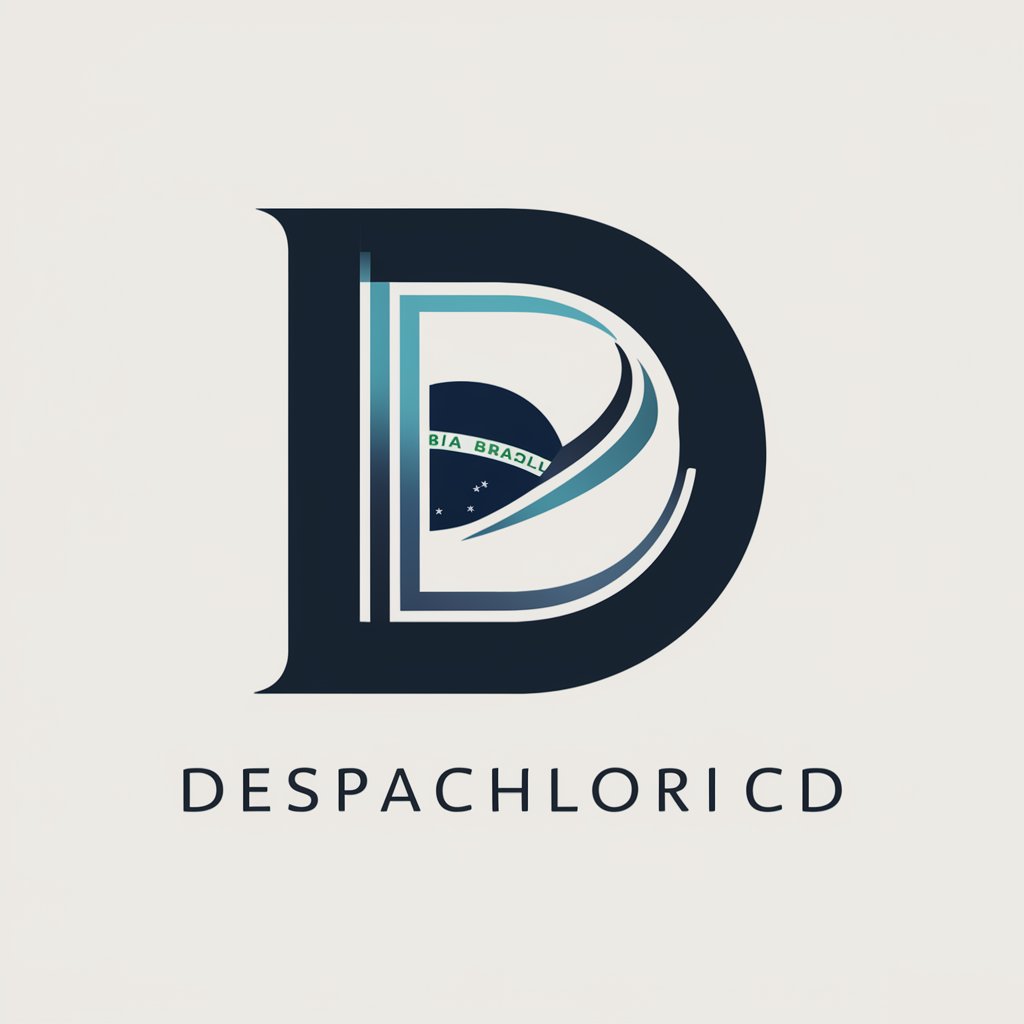
E-Ticarete Giriş Asistanı
AI-Powered Etsy Product Genius

Sermon Assistant
AI-Powered Sermon Crafting Tool

Knowledge Graph Converter
Transform Text into Knowledge with AI
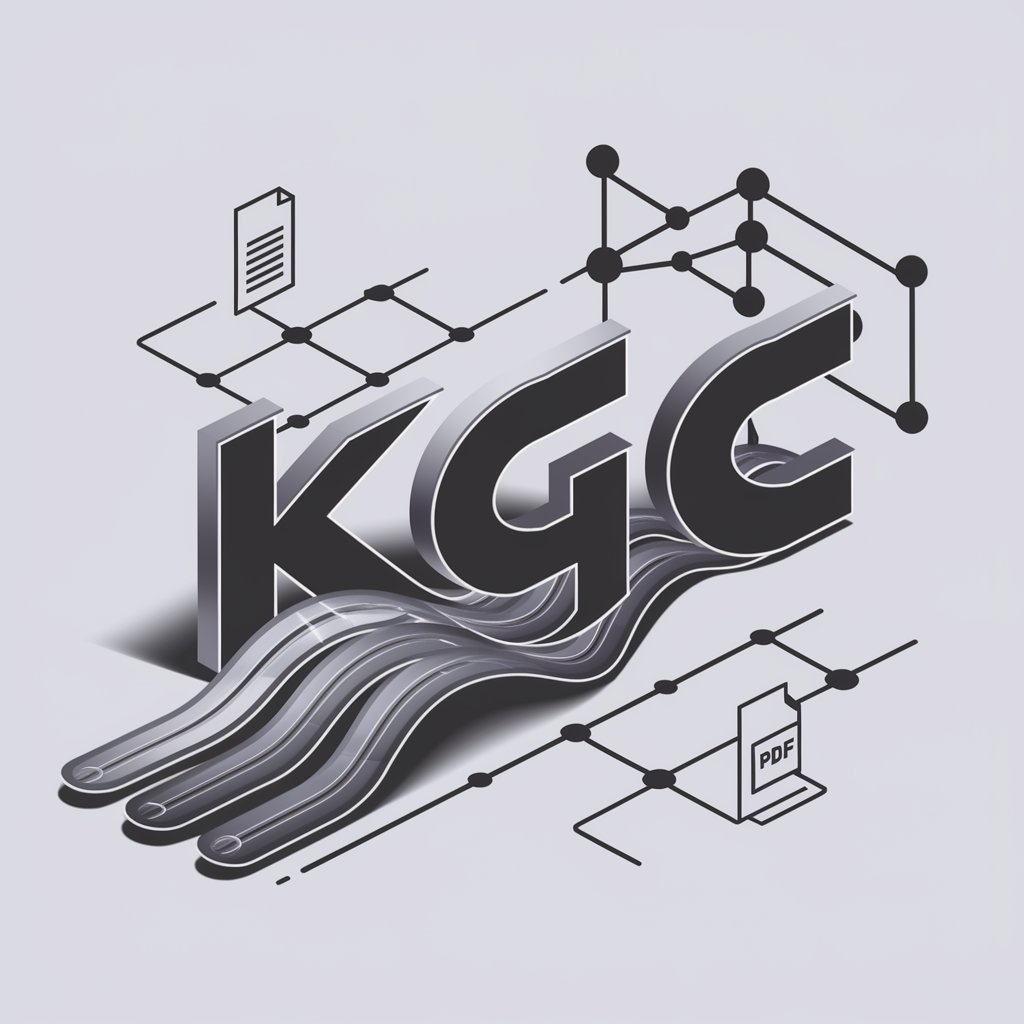
Essay Prompt Generator
AI-powered Essay Prompt Crafting

Startup Mentor
Empowering Entrepreneurs with AI

Adamcode AI
Elevate Your Code with AI
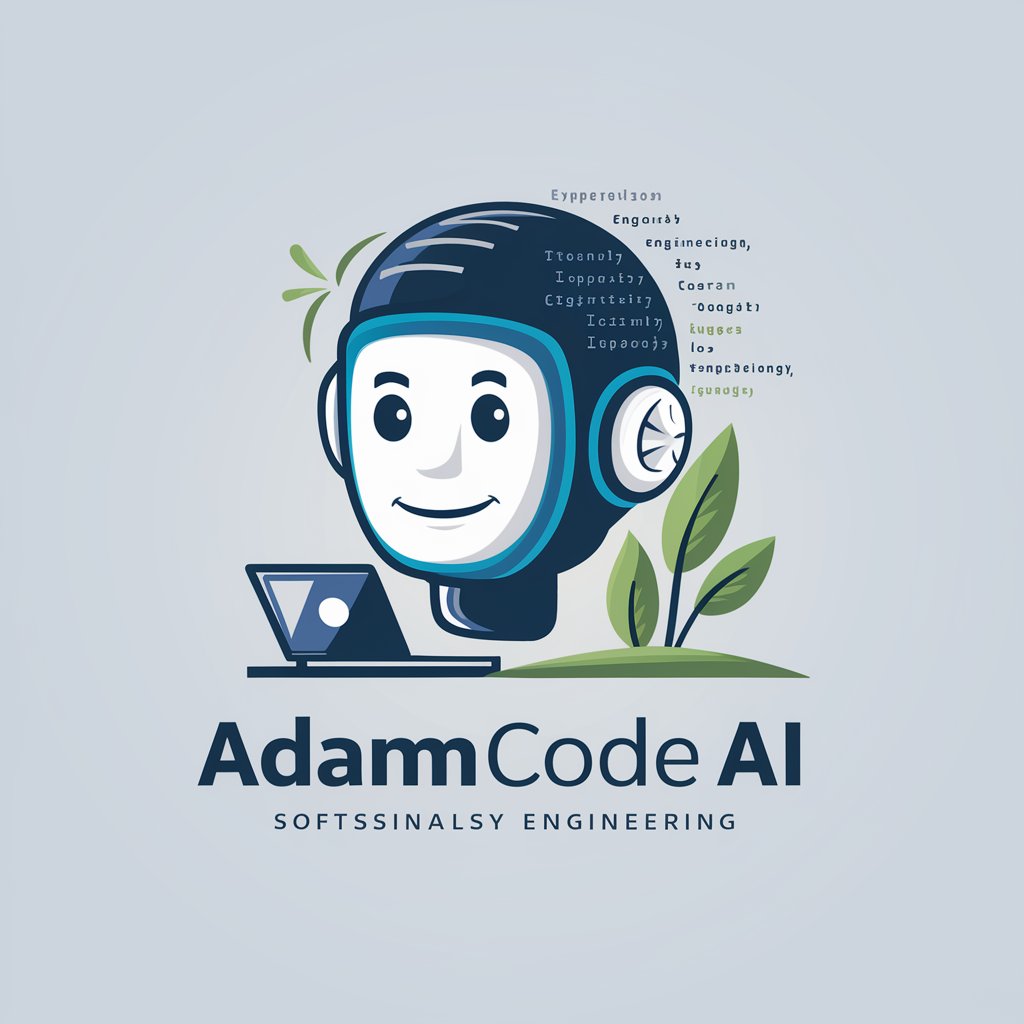
GPT store
Empowering Innovation with AI
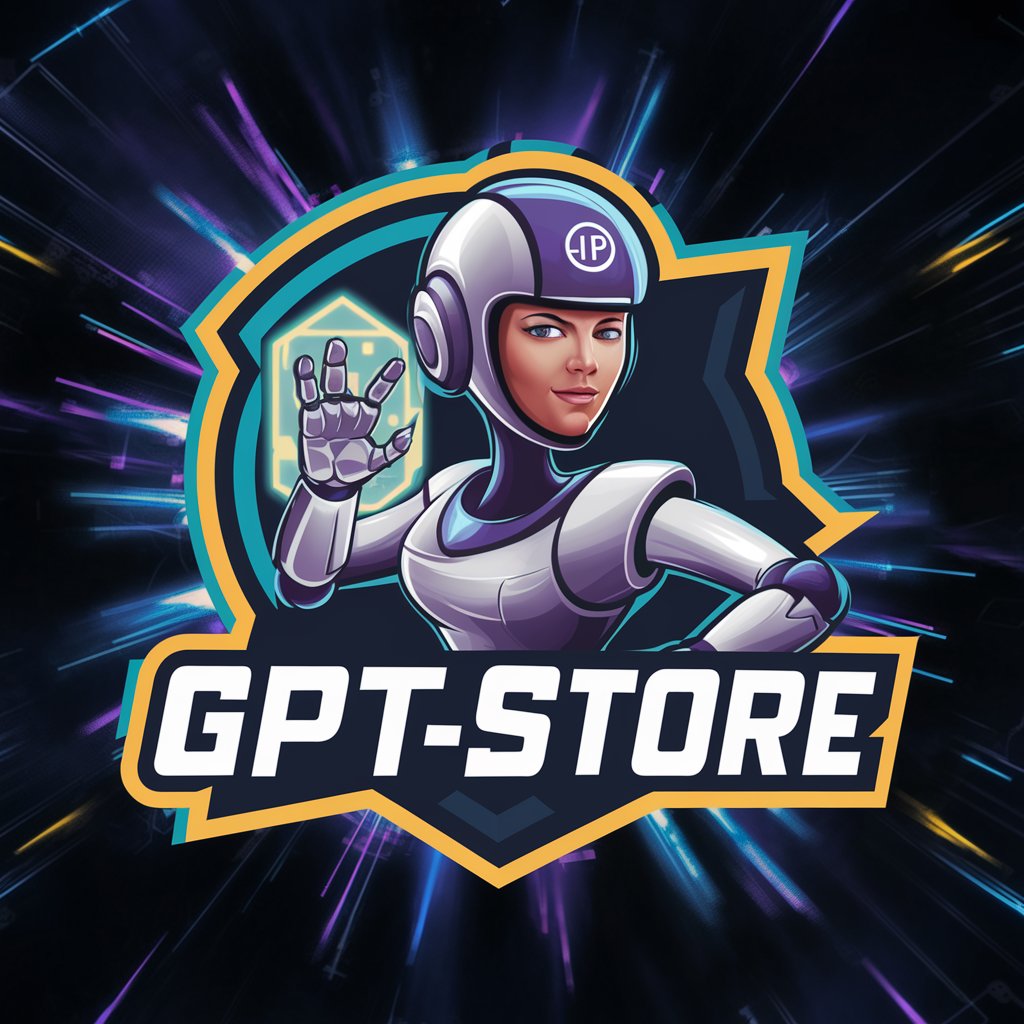
Entrepreneur Mentor
Empowering Entrepreneurs with AI-Powered Insights

AI Image Generator
Craft Stunning Images Effortlessly
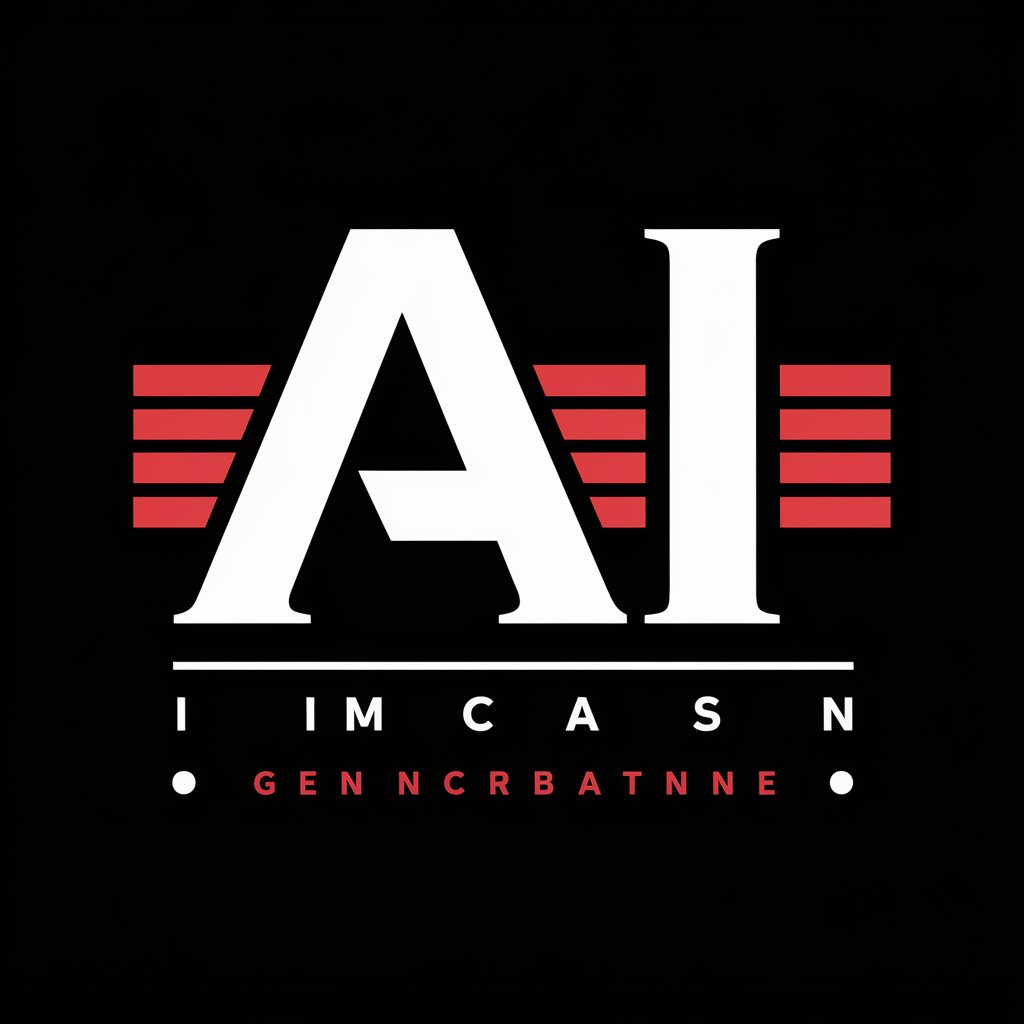
KlimaatzaakGPT
AI-powered Belgian legal case analysis

Frequently Asked Questions about C Programming Pointer Tutor
What is C Programming Pointer Tutor?
C Programming Pointer Tutor is an AI-powered tool designed to teach and enhance understanding of pointers in C programming through interactive exercises and tailored lessons.
Who can benefit from using this tool?
Students, educators, and software developers looking to deepen their understanding of C programming pointers, from beginners to advanced users, can benefit from this tool.
Can I learn pointer arithmetic with this tool?
Yes, the tool includes exercises on pointer arithmetic, allowing users to understand and practice navigating arrays and performing operations with pointers.
Does the tool offer exercises on dynamic memory allocation?
Absolutely. Advanced exercises include dynamic memory allocation using malloc, calloc, and free, offering hands-on experience with real-world applications.
How does the tool adapt to different learning paces?
The tool adjusts the difficulty of exercises based on user performance and provides hints, ensuring a personalized learning experience that matches the user's pace.
